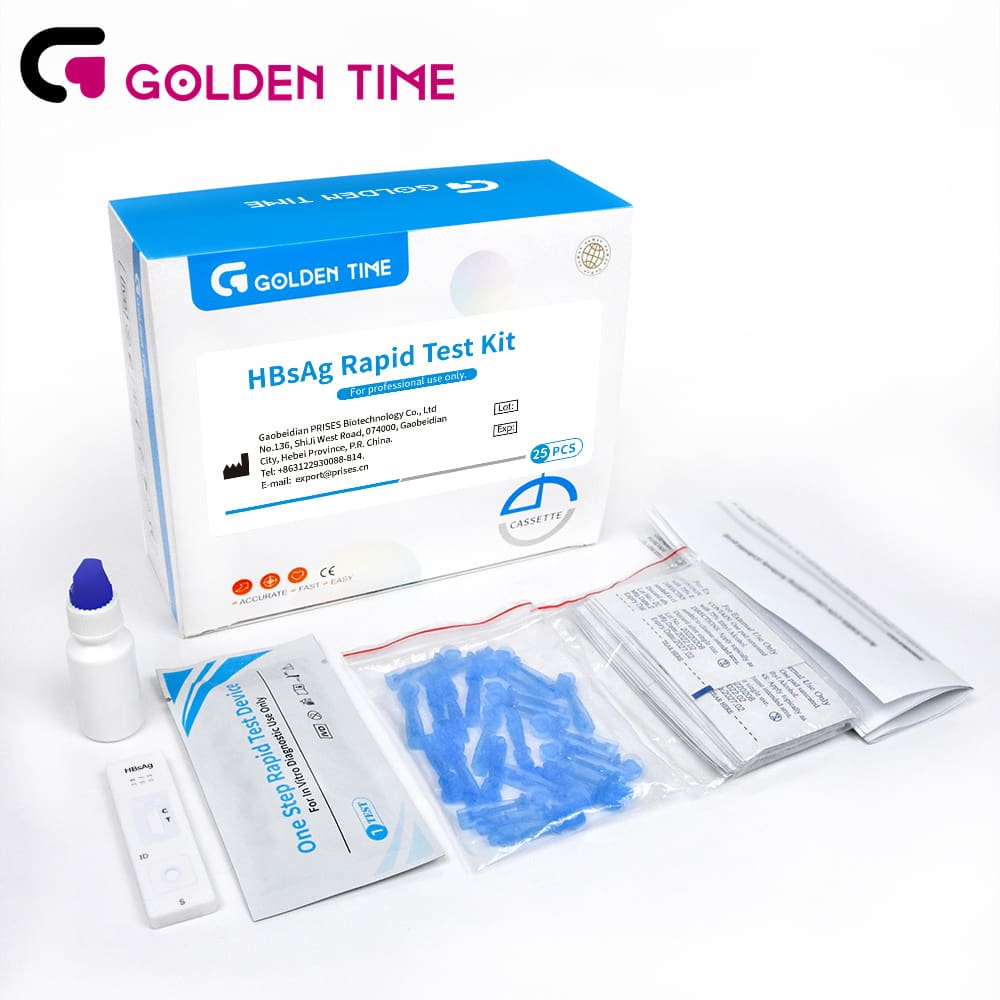നവം . 05, 2024 06:11 Back to list
buy hepatitis b and c test supplier
Understanding the Importance of Hepatitis B and C Testing A Focus on Suppliers
Hepatitis B and C are both viral infections that can cause severe liver damage, leading to liver cirrhosis or even liver cancer if left untreated. According to the World Health Organization (WHO), millions of people worldwide are affected by these infections, highlighting the need for effective testing and treatment options. As awareness about these diseases increases, so does the demand for reliable testing suppliers. This article explores the critical role of suppliers in providing hepatitis B and C testing kits and the implications for public health.
The Importance of Testing
Early detection of hepatitis B and C is crucial for effective management and treatment. With hepatitis B, about one in four individuals develop chronic disease, whereas hepatitis C can lead to chronic infection in up to 85% of those infected. Testing allows for the identification of infected individuals, enabling timely medical intervention, which can significantly reduce the risk of severe health outcomes.
Moreover, testing also plays an essential role in controlling the spread of these viruses. By facilitating early diagnosis, individuals can take precautions to prevent transmission to others. Health care providers emphasize the importance of routine testing for high-risk populations, including those with a history of drug use, multiple sexual partners, or previous exposure to blood products.
The Role of Suppliers
Testing suppliers are pivotal in ensuring the availability and accessibility of hepatitis B and C testing kits. These suppliers provide a variety of test types, including antibody tests that indicate whether an individual has been exposed to the virus and viral load tests that measure the amount of virus in the blood. High-quality testing kits can improve diagnosis accuracy, speed up treatment initiation, and ultimately enhance patient outcomes.
buy hepatitis b and c test supplier

In addition to quality, the reliability of the supplier also matters. Suppliers that adhere to international standards and regulatory requirements contribute to building trust in the testing process. Comprehensive customer support and education initiatives from suppliers can further enhance the understanding of hepatitis testing among healthcare providers and patients alike.
Choosing the Right Supplier
When choosing a hepatitis B and C test supplier, several factors should be considered. First, it is crucial to evaluate the supplier's certification and compliance with health regulations. This includes ensuring that the tests provided are FDA-approved or CE-marked, which indicates that they meet specific safety and efficacy standards.
Second, suppliers should offer a variety of testing options to cater to different healthcare needs. Flexibility in testing methods, such as rapid tests or laboratory-based tests, can help accommodate various settings, from clinics to hospitals.
Lastly, strong after-sales support is critical. Suppliers that offer training for healthcare professionals and assist with the interpretation of test results can significantly improve the implementation of testing programs.
Conclusion
The fight against hepatitis B and C hinges significantly on effective testing strategies. Suppliers play an essential role in this equation by providing reliable, high-quality testing kits that facilitate early diagnosis and treatment. By understanding the value of these suppliers and making informed choices, healthcare providers can contribute to better health outcomes and ultimately reduce the burden of hepatitis B and C globally. As we continue to address these viral infections, investing in robust testing infrastructure through trusted suppliers becomes increasingly vital in the advancement of public health.
-
Highly Accurate hCG Pregnancy Test Strips - 5 Min Results
NewsAug.02,2025
-
Premium Empty ABS Plastic Cassettes: Durable & Lightweight Storage
NewsAug.01,2025
-
Accurate Cocaine (Coc) Rapid Test Kit | Fast & Reliable Detection
NewsJul.31,2025
-
Accurate HCG Pregnancy Test Strips | Fast Home Use Kit
NewsJul.31,2025
-
Reliable Early Pregnancy Test Kit Supplier - Multi Plastic Cassette Options
NewsJul.30,2025
-
Transferrin Rapid Test Cassette – Reliable Tumor Marker Detection
NewsJul.29,2025

